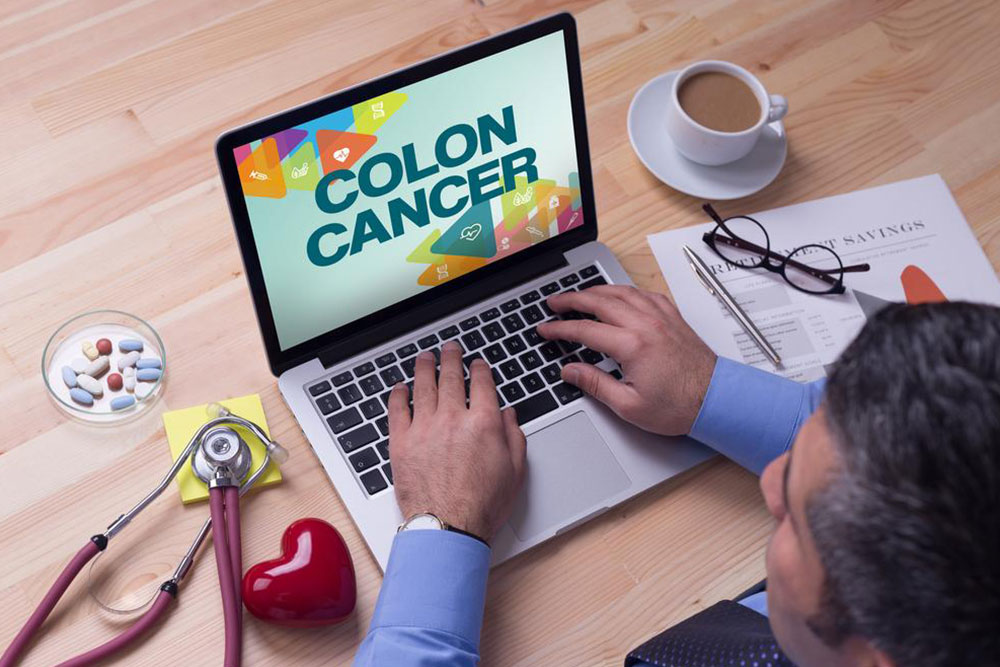Understanding Colorectal Cancer: Detection and Treatment Options
This article provides a comprehensive overview of colorectal cancer, emphasizing early detection methods like at-home screening kits, FDA-approved treatments including targeted therapies, and dietary strategies to support patients. It highlights the importance of early diagnosis and lifestyle choices in managing colon cancer, offering valuable insights for patients and caregivers seeking effective management options.

Understanding Colorectal Cancer: Detection and Treatment Options
Colorectal cancer originates in the colon, which is the longest segment of the large intestine responsible for nutrient absorption and waste storage prior to elimination. Tumor development in the colon can cause symptoms such as diarrhea, abdominal discomfort, fatigue, and irritable bowel symptoms. Treatment approaches vary based on the tumor's size and location, offering multiple management strategies.
At-Home Screening Options
Detecting colon cancer early improves treatment outcomes. One at-home screening tool is Colorguard, used to identify colorectal cancer by detecting specific DNA markers and blood in stool samples.
The test kit requires a doctor's prescription and is suitable for adults aged 45 and above. It helps screen for cancer by analyzing stool samples for cancer-specific DNA and blood.
Approved Medical Treatments
Several treatments approved by the FDA are utilized to manage colon cancer. Notable examples include:
Avastin (Bevacizumab)
This injection is used to treat advanced colorectal cancer that has not spread beyond the colon, usually combined with chemotherapy based on fluorouracil.
Xeloda (Capecitabine)
This medication is prescribed when the cancer has possibly spread to nearby lymph nodes post-surgery or to other parts of the body.
Proper nutrition may assist in managing colon cancer. While food won't cure the disease, a healthy diet can help prevent tumor progression. Recommended foods include:
Fruits
Fruits like apples, bananas, blueberries, and oranges are rich in antioxidants, fiber, and phytochemicals that support digestive health and may reduce complications.
Nuts
Nuts such as almonds, cashews, pistachios, and hazelnuts contain beneficial fibers, flavonoids, and healthy fatty acids, which may lower colon cancer risk.
Additional Strategies
Beyond medication and diet, other remedies can help manage symptoms. Regular physical activity is effective in reducing risk and supporting overall health. Consulting a healthcare provider for tailoring an exercise routine is recommended. Olive oil, rich in plant compounds with anti-cancer properties, may also support intestinal health by modulating bile acids and promoting healthy cell growth.










